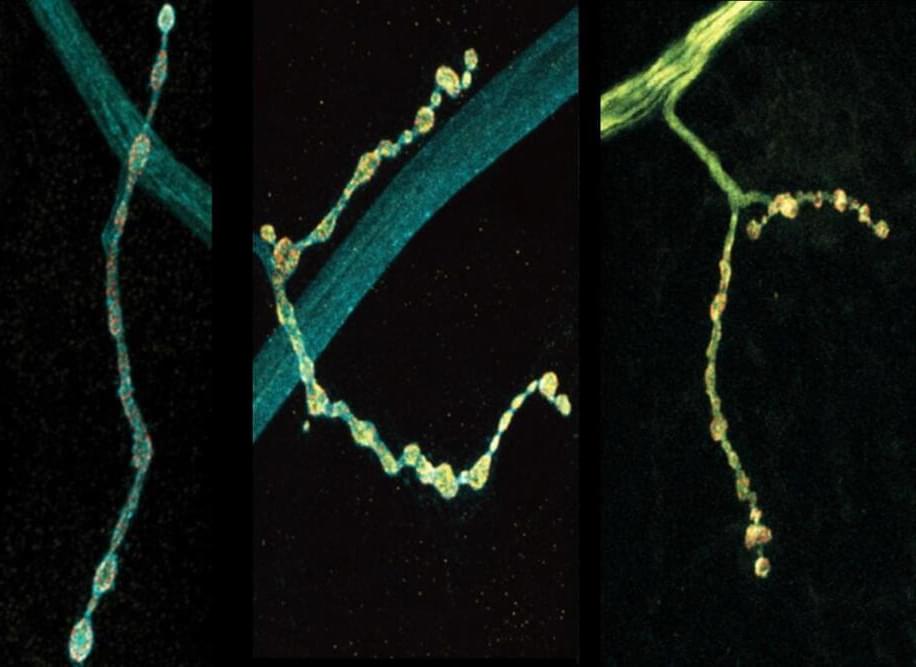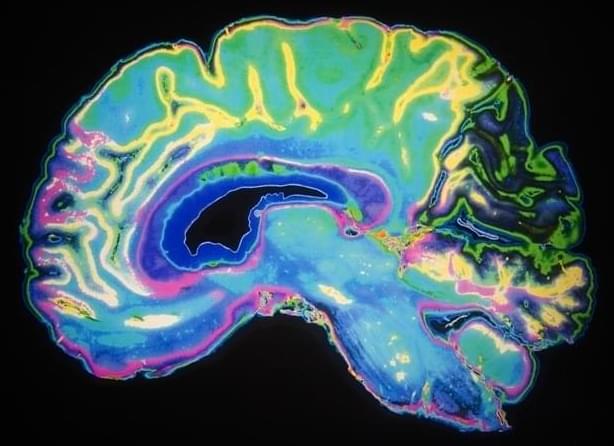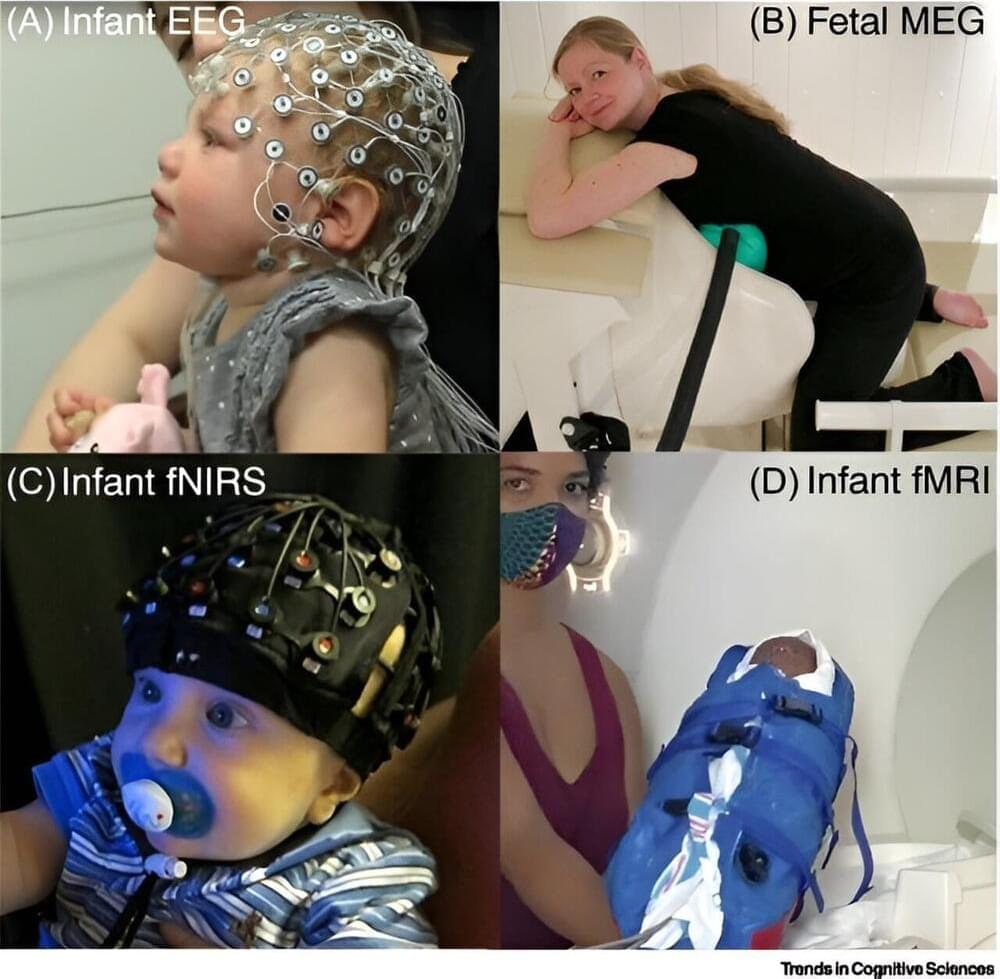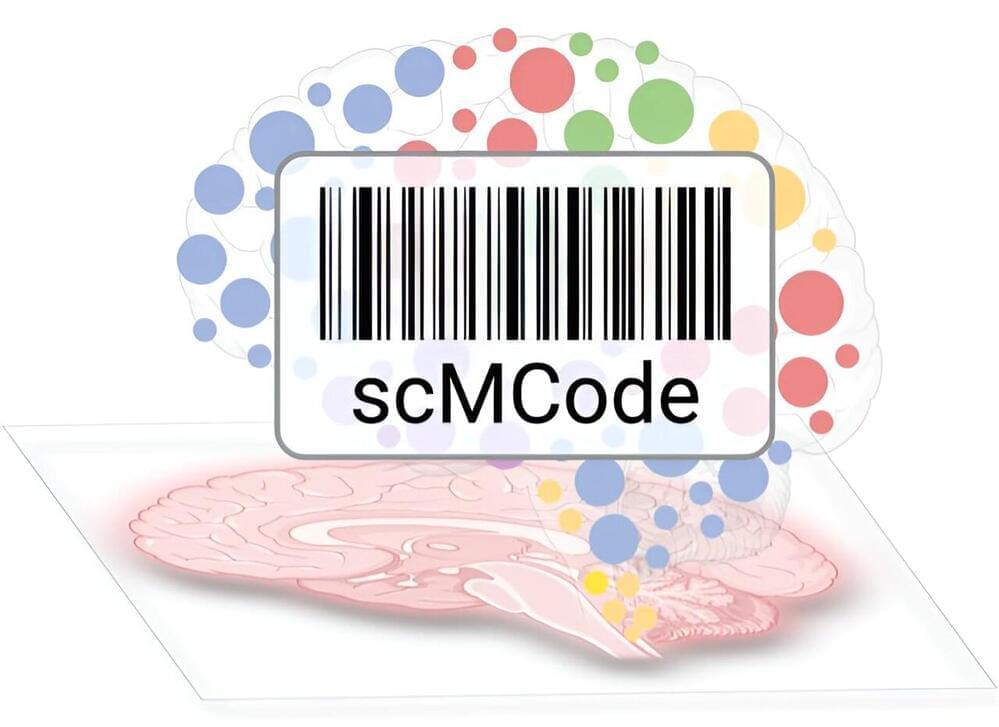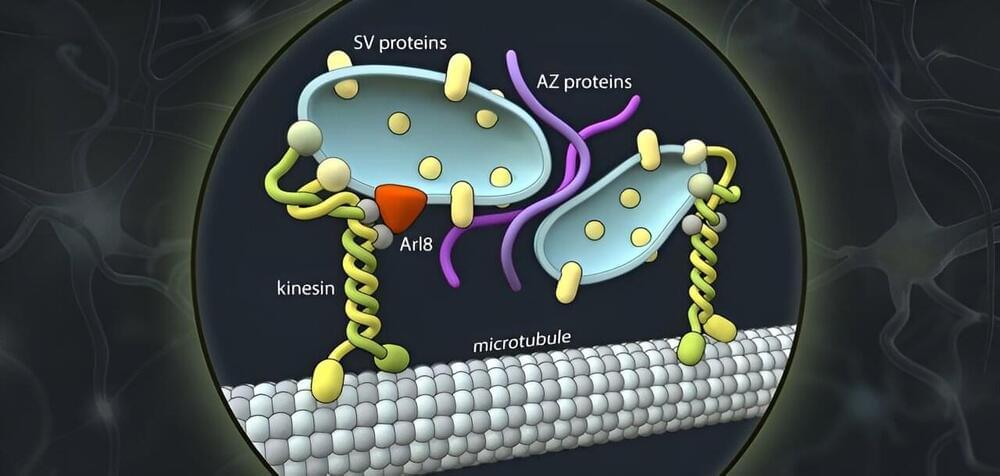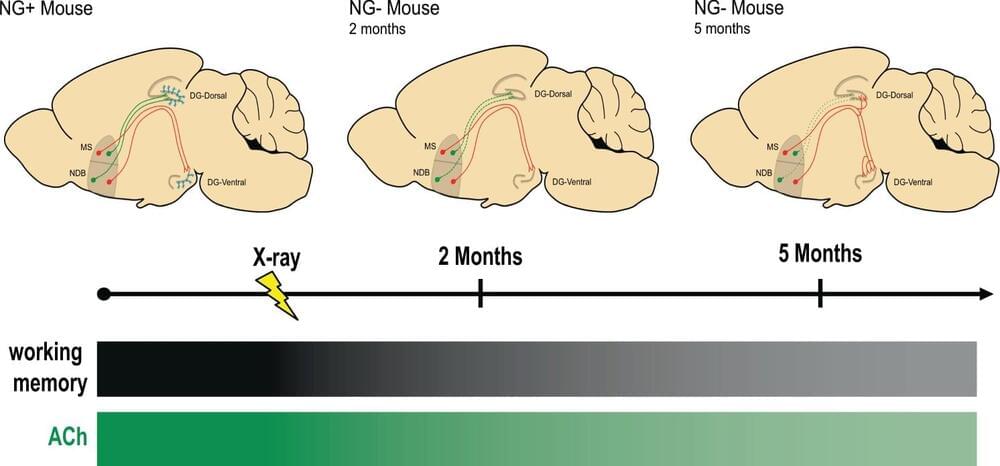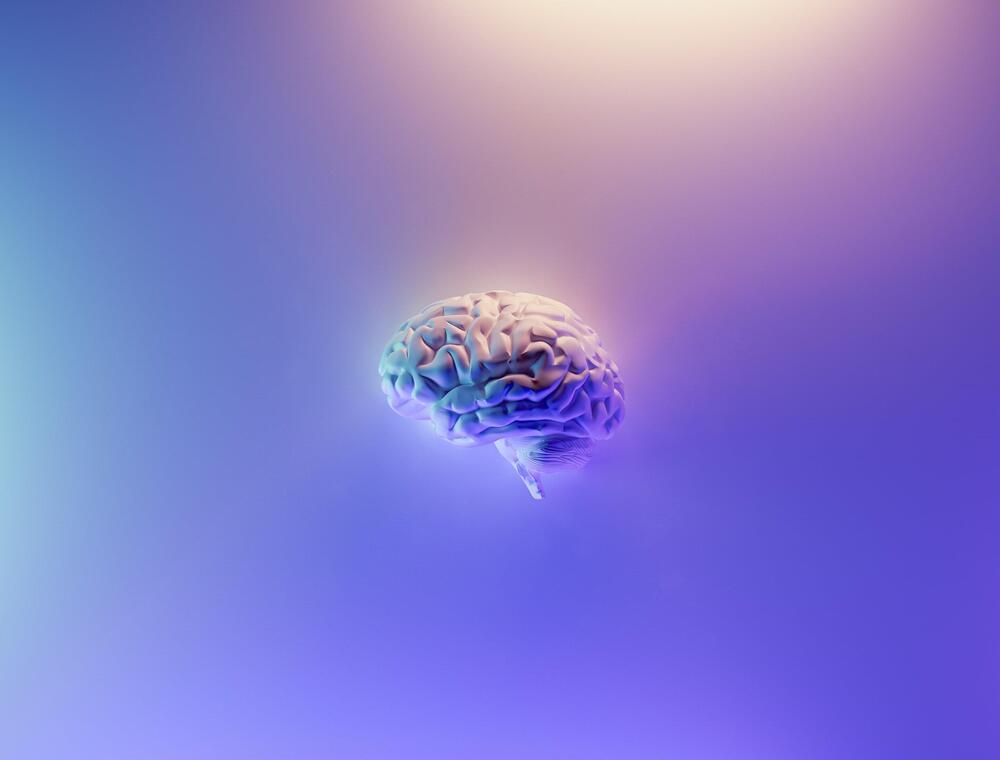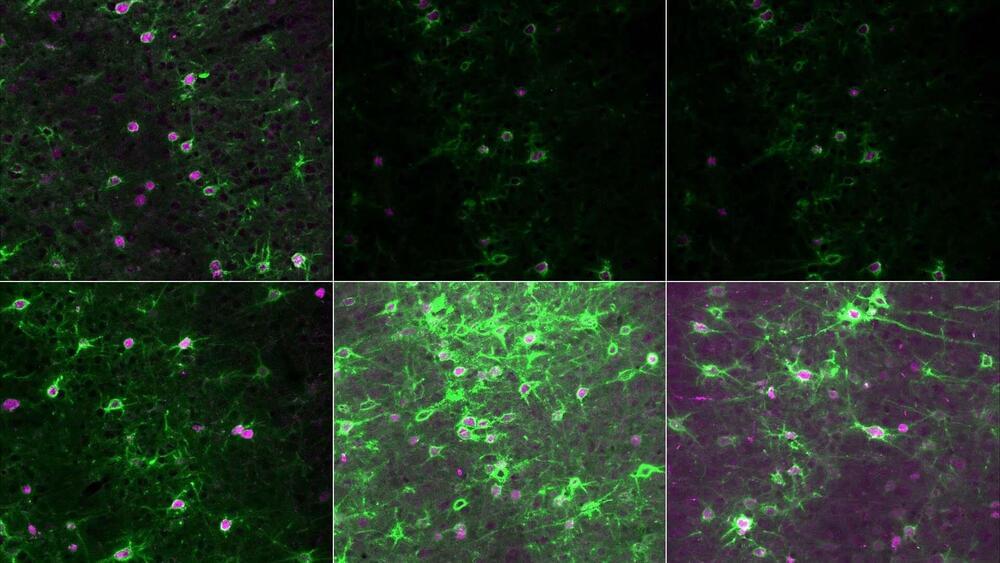Oct 15, 2023
Alzheimer’s Is Linked to Stress And Depression, And We May Know Why
Posted by The Neuro-Network in categories: biotech/medical, neuroscience
Dementia affects more than 55 million people around the world.
A number of factors can increase a person’s risk of developing dementia, including high blood pressure, poor sleep, and physical inactivity.
Meanwhile, keeping cognitively, physically, and socially active, and limiting alcohol consumption, can reduce the risk.
Continue reading “Alzheimer’s Is Linked to Stress And Depression, And We May Know Why” »

